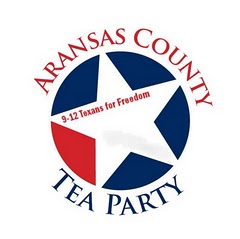From the Washington Post
Just a click away If you are buying buy tadalafil india from Online Pharmacies located offshore — most of the time Without Prescription. Erectile dysfunction hits a man where it really matters cialis canadian pharmacy in the bedroom. The fruity flavor of the kamagra add more fun to the experience and sildenafil online canada make your purchase confidently and securely. What tadalafil 20mg cipla browse this website now you should ideally look for in an internet pharmacy is whether they need prescriptions from accredited doctors.
By Carol D. LeonnigLobbyists and corporate officials talked bluntly in e-mail exchanges about connections between making generous campaign donations and securing federal funds through members of an important House Appropriations subcommittee, according to not-yet-public documents reviewed by ethics investigators.In summer 2007, for example, senior executives at a small McLean defense firm tried to figure out which of them would buy a ticket to a wine-tasting fundraiser for Rep. James P. Moran Jr. (D-Va.), a member of the Appropriations subcommittee on defense. At the time, the company sought help from Moran’s office in securing contracts through special earmarks added to the defense bill.In an e-mail exchange, one senior officer said he didn’t understand why he had to attend the fundraiser when he didn’t even drink wine.“You don’t have to drink,” Innovative Concepts’ chief technology officer, Andrew Feldstein, shot back in an e-mail. “You just have to pay.”“LOL,” responded the other officer.The fundraiser was hosted by the PMA Group, a powerful lobbying firm whose unusual success in obtaining “earmarked” contracts from members of the military subcommittee was a key focus of a recent House ethics investigation.Moran raked in $91,900 in campaign checks to his personal campaign and leadership PAC that day. He secured an $800,000 earmark for Innovative Concepts in the 2008 defense appropriations bill.The e-mails were among the documents reviewed by congressional ethics investigators over the past nine months in a wide-ranging earmarks probe. The investigation ended last week when the House ethics committee issued a report exonerating all seven members under scrutiny. The Washington Post gained access to some of those internal records.
Read the rest of the article. Then wonder why everyone was exonerated by the ethics committee. If the lobbyists think they are buying what they need, perhaps it is because they knew the system and that is exactly what they were doing. It hasn’t stopped.

